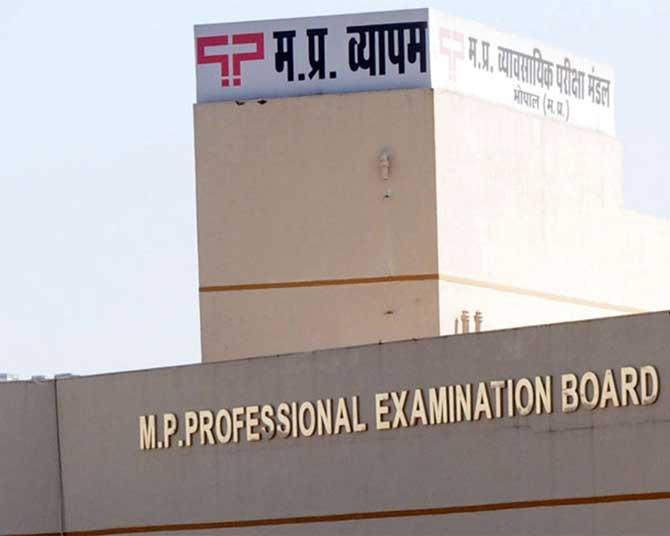In a relief to thousands of candidates who have or are planning to apply for National Eligibility Cum Entrance Test (NEET 2017), the Medical Council […]
Read moreCategory: News & Updates
Know about NMC (National Medical Commission), Rules and Regulations, Approved Colleges for MBBS/MD/MS, List of hospitals for internship, List of recognized colleges in India and Abroad, Updates, MCI Eligibility Certificate, MCI Screening Test/FMGE (Foreign Medical Graduates Examination)/Exit Exam and Other important factors.
519 MBBS students lose seats in 17 colleges – Admitted against supreme court orders
आज (Mar 01, 2017) ही न्यूज़ आई हैं की सुप्रीम कोर्ट के खिलाफ जाकर सीधे प्रवेश लेने वाले 519 विद्यार्थी जो पिछले 3 महीने से […]
Read moreThe Medical Council of India recently barred 32 colleges across the country.
February 25, 2017 – Source: The Hindu The coffee is bad and the desserts are drier than you’d expect, but the Amer Bakery Hut is […]
Read moreNEET: Supreme Court notice to Centre, MCI on age criteria plea
The petition demands the government to take their order back on the age limit and the matter will be heard in the apex court on […]
Read moreNEET 2017: Allahabad High Court seeks response over age limit criteria from Centre, MCI, CBSE
As per the petition, the said upper age limit is not supported by any appropriate regulation or procedure prescribed by the regulations framed under the […]
Read moreव्यापमं घोटाला : MBBS छात्रों को SC से झटका, सामूहिक नकल के दोषी 634 छात्रों के दाखिले रद्द
What is Vyapam? Madhya Pradesh Professional Examination Board (MPPEB), popularly known by its Hindi acronym “Vyapam” (Vyavsayik Pariksha Mandal), is a self-financed and autonomous body […]
Read moreNEET 2017 to be counted as first attempt, CBSE clarifies
In a U-turn, the Ministry of Health and Family Welfare has clarified the NEET 2017 will be counted as first attempt for all the candidates, […]
Read moreFacts About MBBS in India
MBBS in India, Almost everyone is interested in that, but less seats and more number of Medical Aspirants has made it rare to get admission […]
Read moreसीधी बात बिना बकवास – Must Visit for Medical Aspirants
2016 या 2017 में बारहवीं पास हुए विद्यार्थियों को मिला तोहफा, नए नियमों (अधिकतम 3 प्रयास एवं 25 वर्ष की अधिकतम आयु ) के अनुसार […]
Read moreNow NEET candidates only have 3 attempts, age cap introduced
You now have to be at least 17 and not over 25 years old to give the NEET paper. The National-Eligibility-cum-Entrance-Test (NEET) has introduced limits […]
Read more








